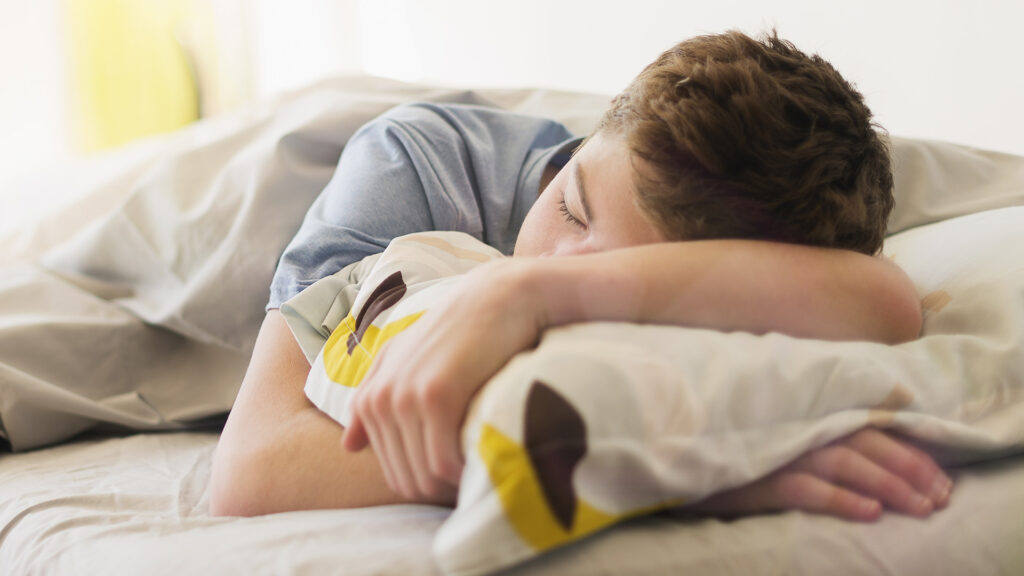New research published in Diabetes Care suggests a strong correlation between adequate sleep and reduced risk of type 2 diabetes. This study sheds light impact of sleep health, insulin regulation, and glucose levels.
Understanding The Impact of Sleep on Insulin, and Glucose
Previous research highlighted sleep deprivation’s association with chronic illnesses, including diabetes and cardiovascular issues. The latest study aimed to assess how “average” short sleep—approximately 6.2 hours per night—affects insulin resistance in women.
Tip: Please fill out the form if you or a friend would like more information on continuous glucose monitors.
Insulin resistance, linked to type 2 diabetes, occurs when the body responds inadequately to insulin’s blood sugar regulation, potentially leading to health complications.
Involving approximately 40 women with healthy sleep habits and blood sugar levels but at risk for type 2 diabetes, the study monitored their insulin and glucose responses over two six-week periods: one with adequate sleep and the other with reduced sleep.
The findings revealed that insufficient sleep negatively impacted insulin and glucose levels, particularly among postmenopausal women.
Potential Implications and Lifestyle Changes
The study holds promise in advocating a manageable lifestyle change—prioritizing adequate sleep—to potentially mitigate the risk of prediabetes and type 2 diabetes development. Marie-Pierre St-Onge, the study’s senior author, emphasized the need for sustained adequate sleep, especially for individuals with prediabetes, to prevent the acceleration of diabetes progression.
Must Read CGMs in noncritical care hospitals optimizes glycemic control
Insights into Sleep Duration and Blood Sugar Regulation
The Centers for Disease Control and Prevention (CDC) suggest that adults should aim for at least seven hours of sleep per night, deeming anything less as short sleep.
The study’s participants had their sleep restricted to 6.2 hours per night, mirroring the median hours attained by short-sleeping US adults. This highlights the risk posed by consistent inadequate sleep, irrespective of extreme sleep deprivation.
Understanding Sleep’s Impact on Blood Sugar Regulation
During sleep, blood sugar experiences natural fluctuations, with some individuals experiencing potentially low levels. Adequate sleep plays a pivotal role in blood sugar regulation, with sleep deprivation linked to increased cortisol release, potentially elevating glucose levels. Furthermore, sleep deprivation can induce inflammation, impacting blood glucose levels negatively.
Also, read about Maximizing Your Dexcom Equipment
Advancements in Glucose and Sleep Tracking
Continuous Glucose Monitors (CGMs), initially designed for type 1 diabetes management, are now sought after by individuals for insight into blood sugar processing and energy utilization.
Wearable technology companies like Oura are exploring the integration of sleep metrics with glucose monitoring, aiming to provide comprehensive health insights.
However, traditional CGMs typically require a prescription, limiting their use for wellness tracking in non-diabetic individuals.
Read Guide about Wegovy Dosage Guide: The Best Way For Weight Loss
Future Prospects in Sleep and Glucose Monitoring
While the off-label use of CGMs for monitoring glucose alongside sleep metrics shows potential, it currently comes with a considerable cost and lacks substantial research in wellness tracking. As technology advances, the convergence of sleep and glucose monitoring could pave the way for more accessible and comprehensive health-tracking solutions in the future.


